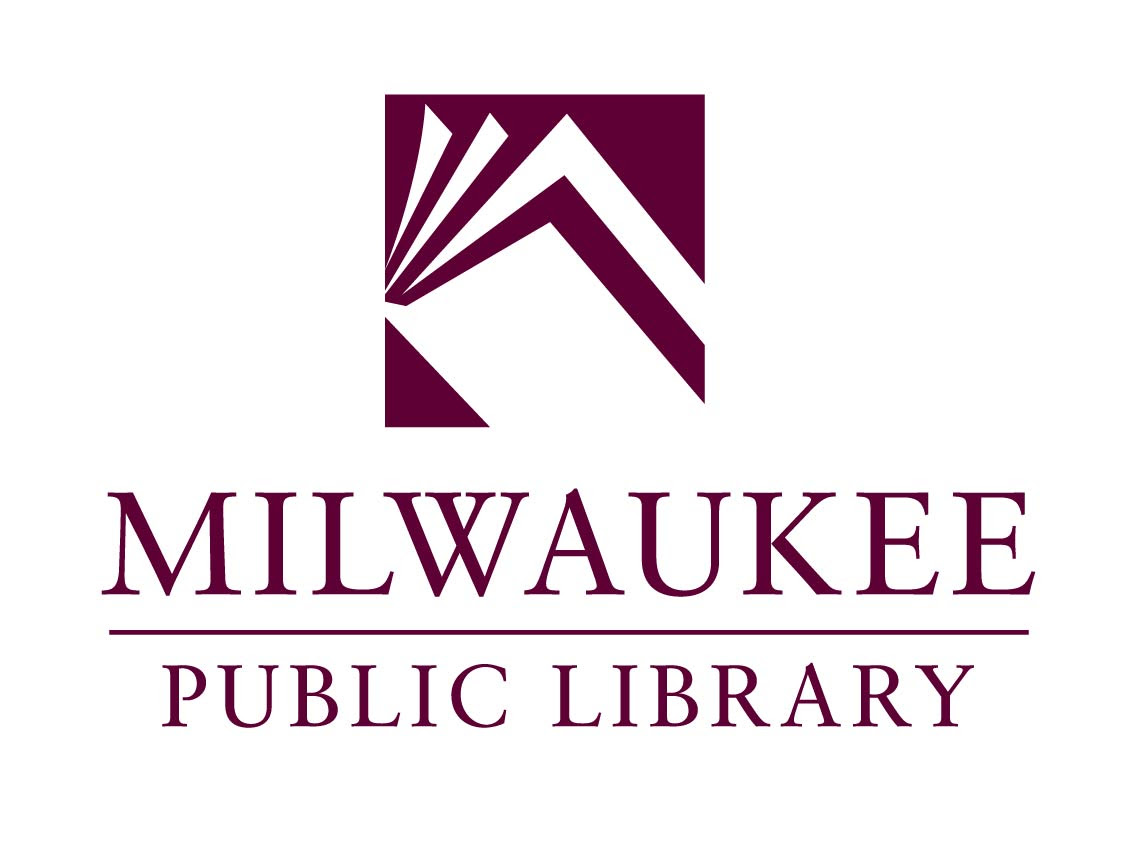The Word was in the beginning
but it is made of letters.
Prompts Against Anxiety #40 | from giovanni singleton serves both as a follow-up to her workshop two weeks ago and as the final installment in our Prompts Against Anxiety series. giovanni singleton is the author of Ascension, a California Book Award–winning book informed by the life and work of Alice Coltrane, and AMERICAN LETTERS: works on paper (Canarium Books, 2018), a collection of visual poetry. She is founding editor of nocturnes (re)view of the literary arts, a journal dedicated to experimental work of the African Diaspora and other contested spaces. Her dreamography is forthcoming from Noemi Press.
giovanni's prompt feels apropos as a circular, composting finish to a creative series in which we felt repeatedly and meaningfully called back to our immediate access to language and art-making as tools of healing, communication, and vision. We send our thanks to all of the poets and artists who participated in composing the prompts and in responding to them over the past year and a half, and we especially thank Milwaukee Public Library for their sponsorship of this beautiful community project. And we invite you now to follow giovanni down into the Word, all the way into the letter, and back out into creation again.

(untitled, giovanni singleton, crayon on black paper)
Whenever overwhelm sets in, I’ve often found it helpful to reduce things to smaller, more manageable parts. That goes for writing as well. If “in the beginning was the word. . .,” one invariably notices that there also had to be letters in order to make the word and all words. Additionally, some letters are happily words unto themselves. So with this in mind, let us now endeavor to create one-letter poems while also exercising the hand-heart meridian.
Gather as many different writing, drawing, or mark-making things as you can find
including calligraphy pen/brush, paint, crayons, markers, pencils, charcoal, pens, etc. You don’t need anything fancy. Just grab whatever is nearby. The same holds true for at least two pieces of paper. It can be plain, dot, ruled, cardboard, recycled, etc. It doesn’t necessarily have to be “blank” or “clean” as long as there is space for adding your engagement with this messy, imperfect prompt.
Take a couple of minutes to put yourself in a receptive state. Put on some music if that helps to relax you. Notice your breathing. Take time to notice things around you, around your environment. Notice anything that acts upon your five senses. Notice if you are clenching your teeth. Relax your jaw. Notice your hands.
Then when you feel ready, allow the letters of any alphabet system wash over you along with any associated thoughts, feelings, or memories. Try to recall when you were beginning to learn how to write. Did you use special handwriting practice paper like the kind with a broken line centered between two ruled lines? Or did you practice in a black and white marble covered composition notebook? What did you write/mark with? Was it a big pencil or crayon?
Next notice a letter of the alphabet that you don’t like or feel particularly attracted to. How does it make you feel? Then repeat the process using a letter that you feel connected to, one that creates an uplifting or exciting feeling for you. Use the first letter of the alphabet that you identified as somewhat problematic and write/inscribe/draw it as many times as you are willing.
Shake loose and pour whatever arises into your rendering of the letter. Rinse. Pause. Repeat the same activity with the second letter, the one you feel exhilarated by or curious about or at peace with. Fill the space in whatever way your hand moves. Then looking at your one-letter poem, read it aloud. Conclude by taking time to feel your hands and your heart. Admire your one-letter poems. Maybe frame them or feature them as objects of contemplation. Enjoy!
NOTE: If you’re curious about one-letter poems, check out these two “type-written” examples:
SCORE 6: J. W. Curry: From "Ich: 4 Translations of Vladimir Burda
Prompts Against Anxiety is sponsored by Milwaukee Public Library, an anchor institution that helps patrons read, learn, and connect—to our resources and our community. Now more than ever, stay connected, stay home, and stay safe.
More from this series
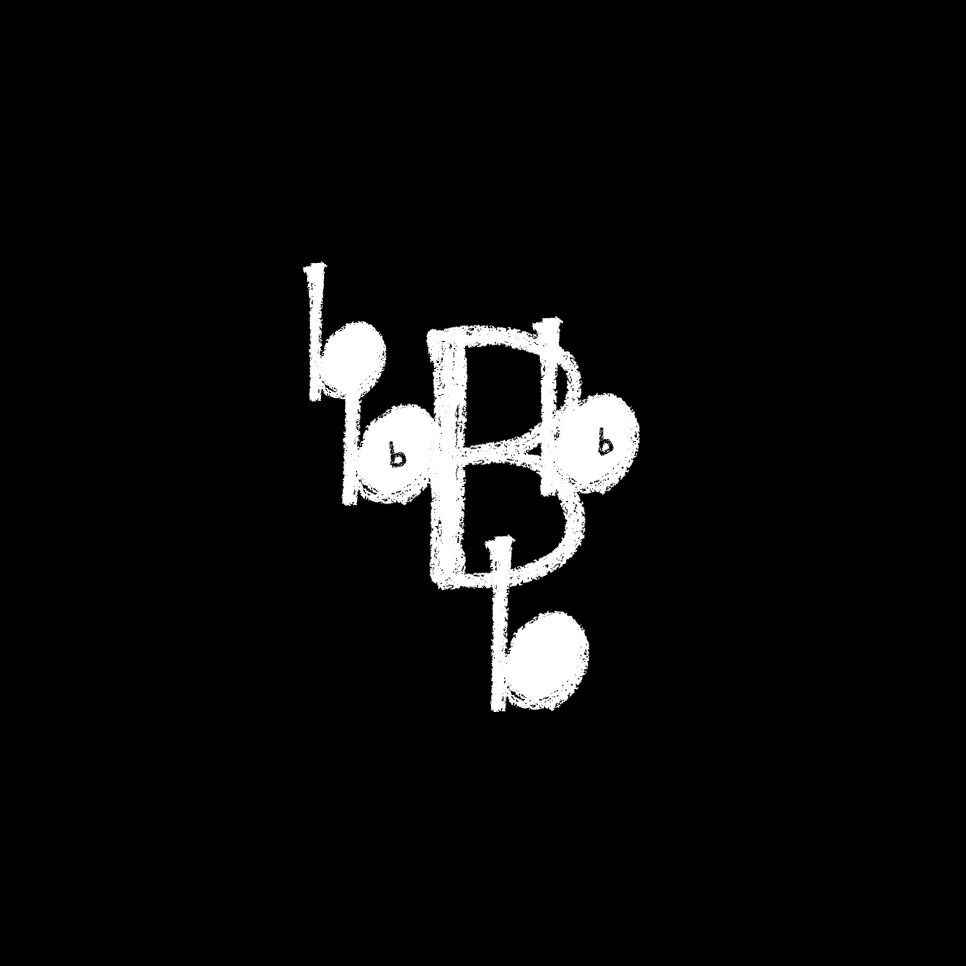
The Word was in the beginning but it is made of letters.Prompt #40—giovanni singleton

Write in NaturePrompt #39—Oogie Push
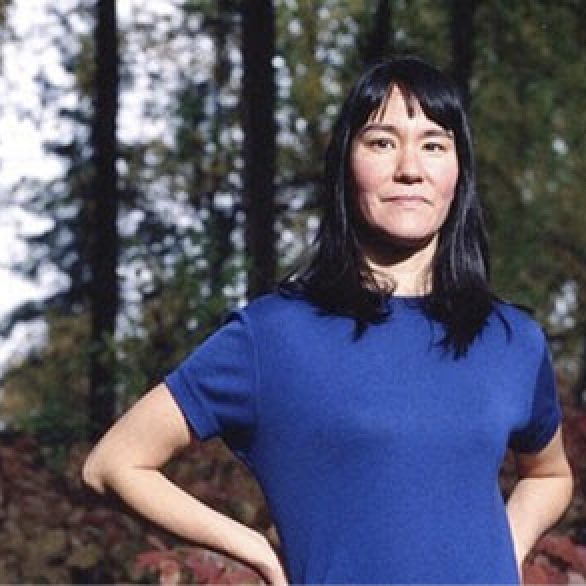
Real FoodPrompt #38—Joan Kane
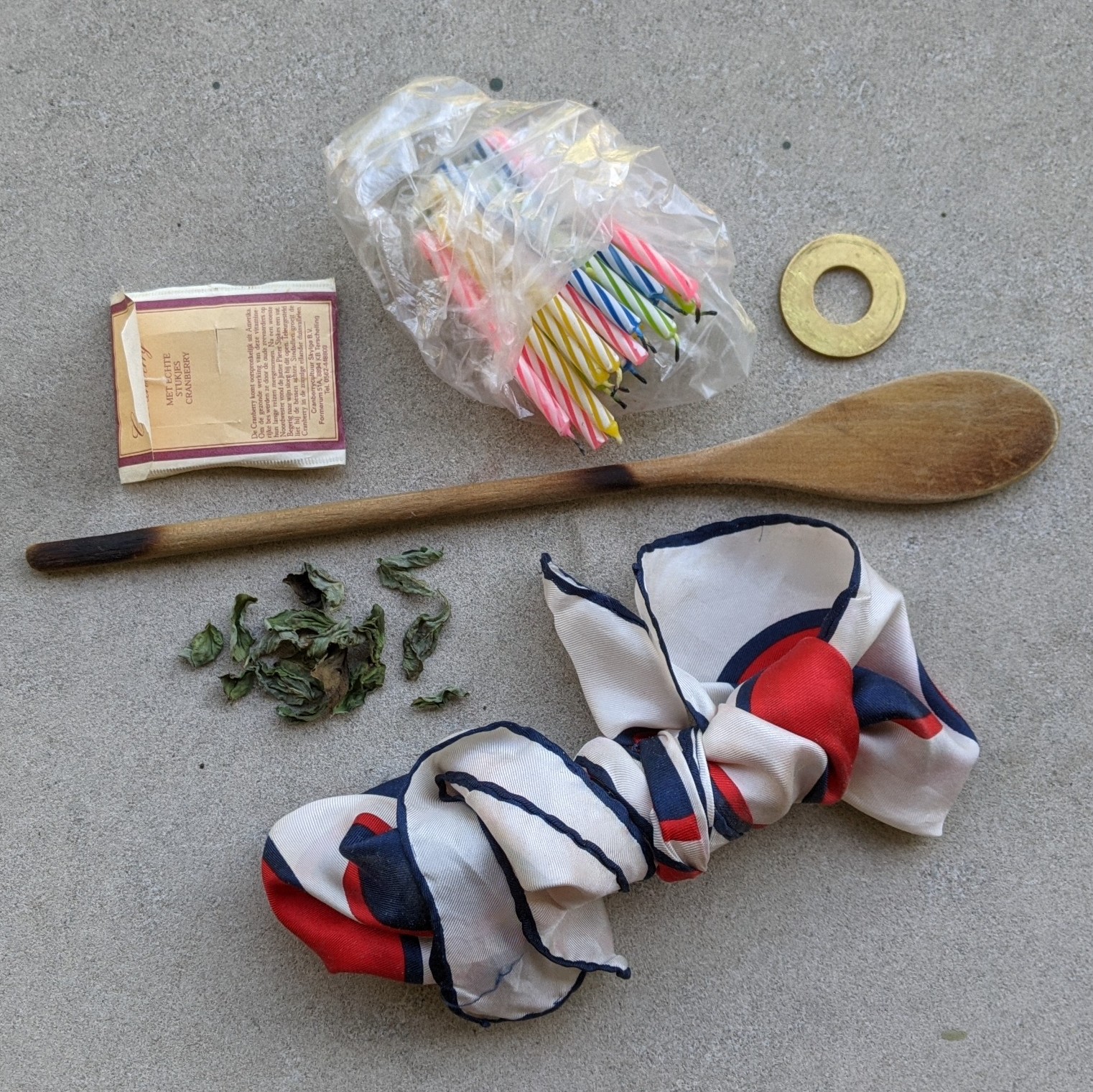
You Don't Need Proust to Smell GoodPrompt #37—Elizabeth Hoover
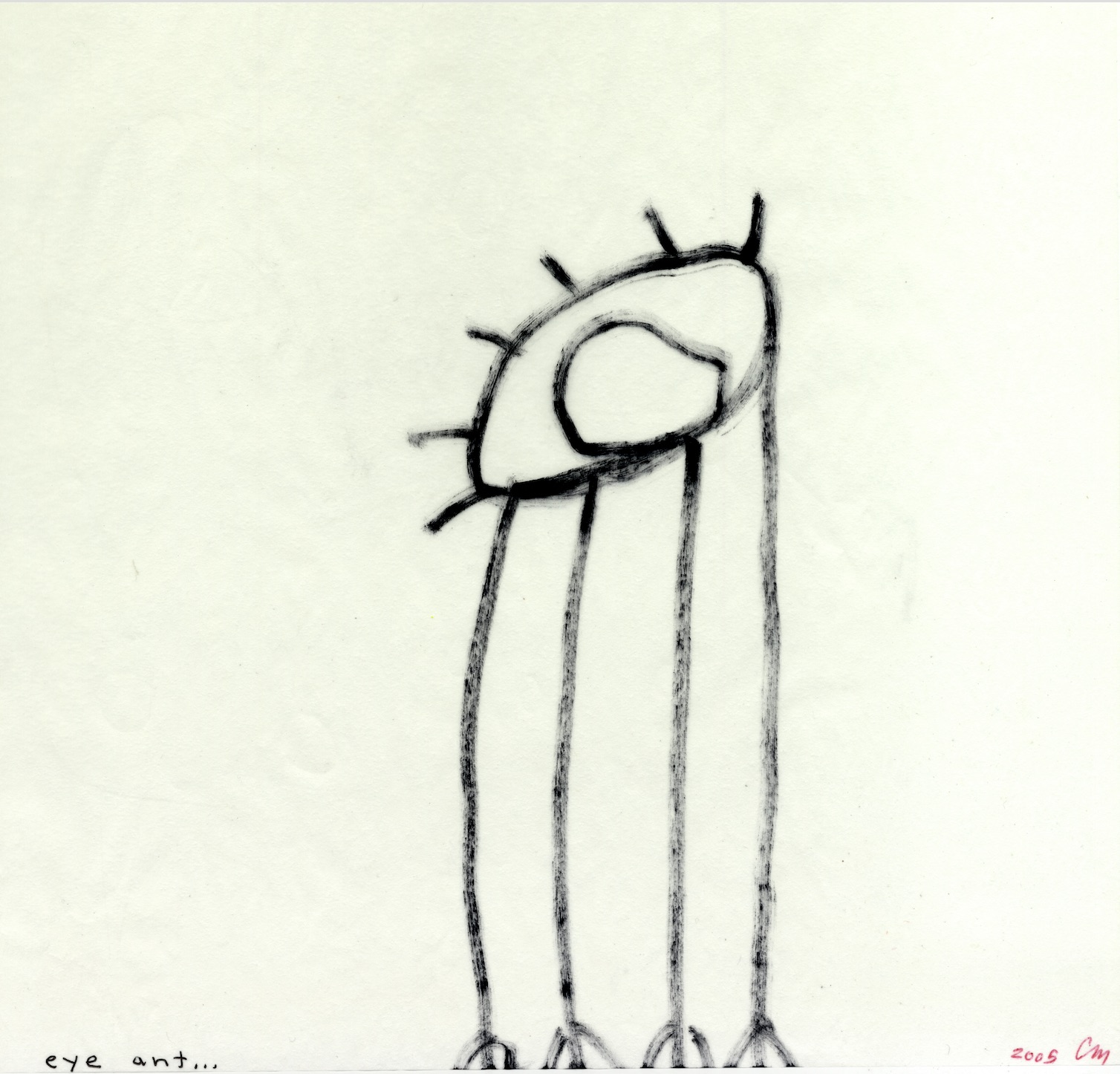
Find Your Own FormPrompt #36—Sawako Nakayasu

Tarot Recall: A Visionary Exercise for the PresentPrompt #35—Laurence Ross

Queers in Love at the End of the WorldPrompt #34—CJ Scruton
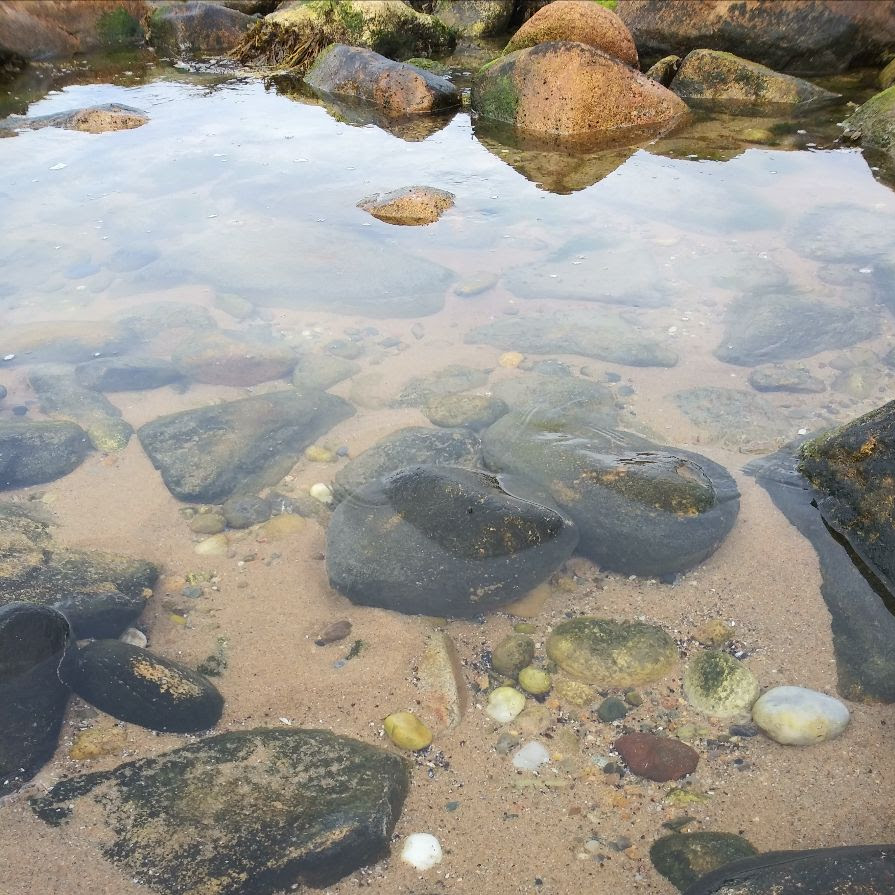
WORKBOOK FOR CHANGE: TWO PROMPTSPrompt #33—Kate Schapira
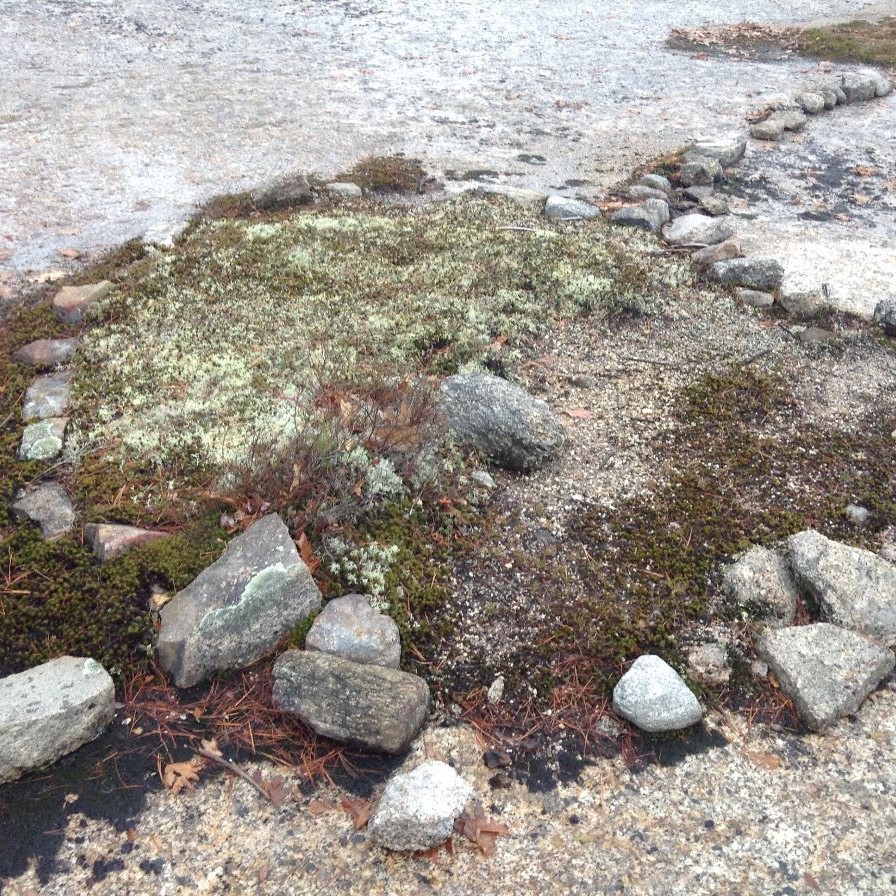
Preparation for the PromptPrompt #32—Lisa Fishman

Collage Your Own Writing PromptPrompt #31—Helen Hofling
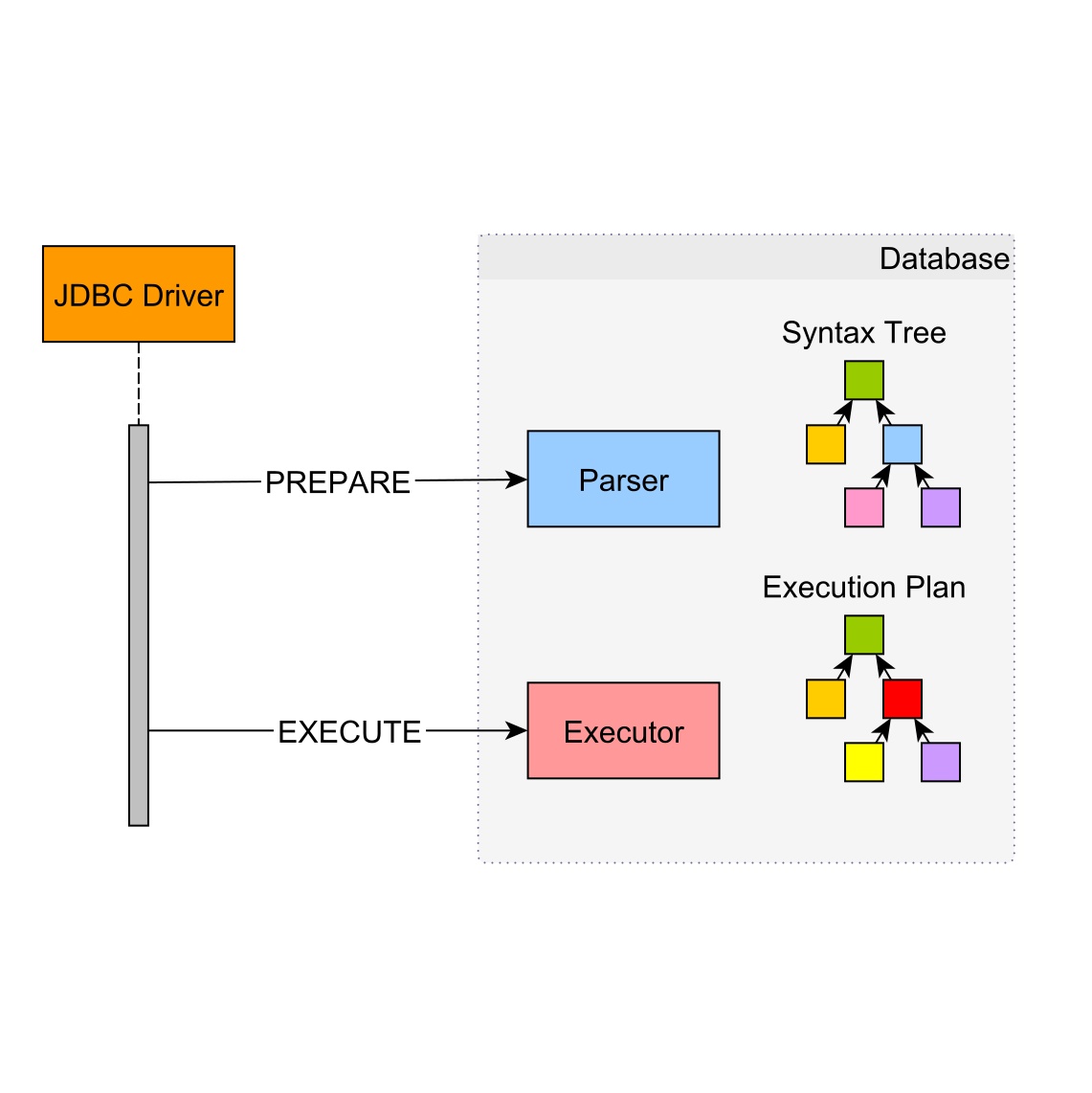
Prepared StatementPrompt #30—Mike Hauser
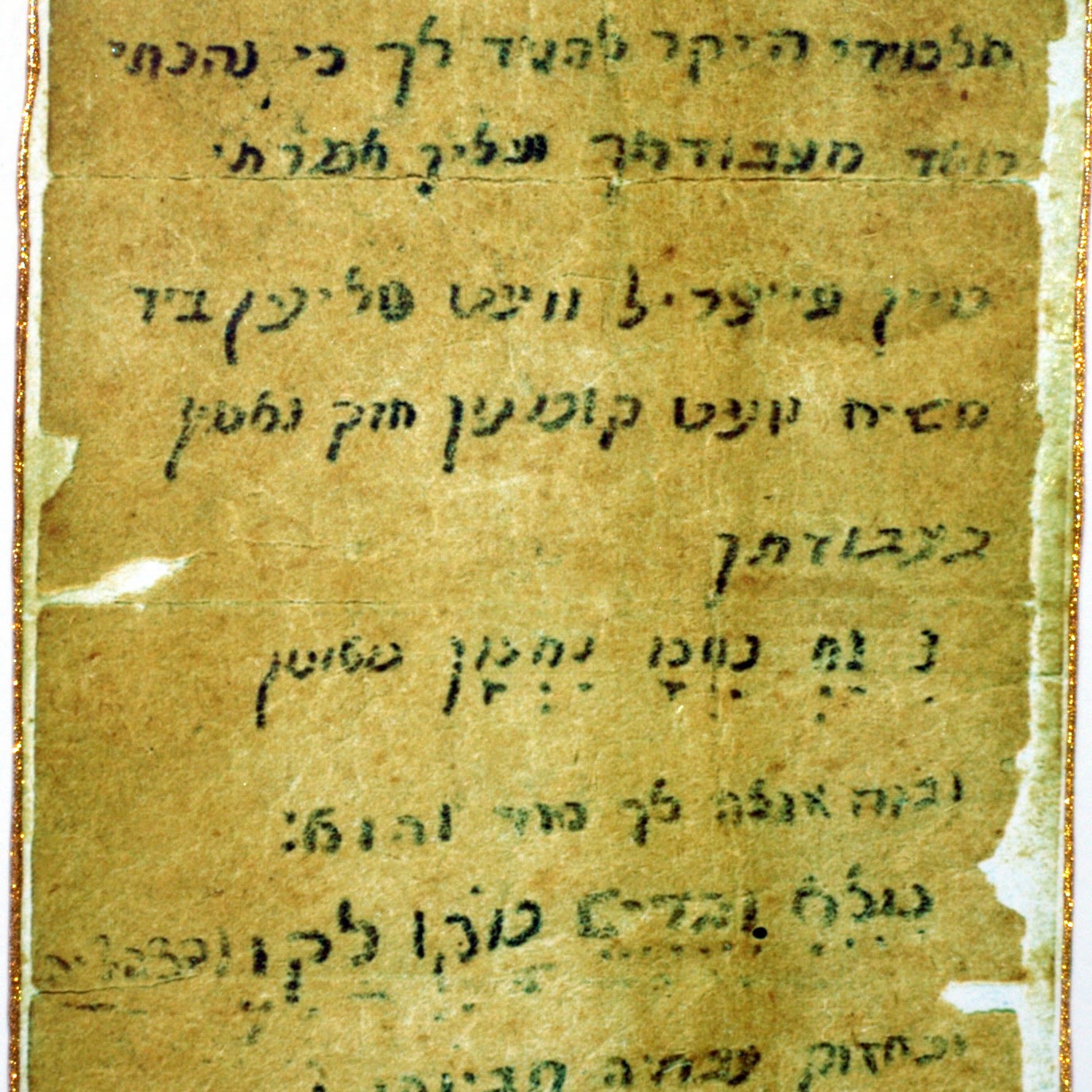
Repeat Repeat WritePrompt #29— Lewis Freedman
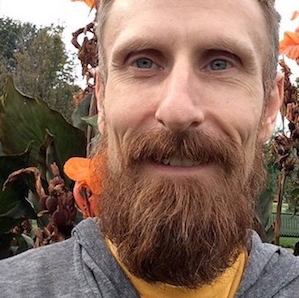
Poetic CorrespondencePrompt #28—Eric Baus

EKPHRASIS YOURSELFPrompt #27—Jennifer Nelson
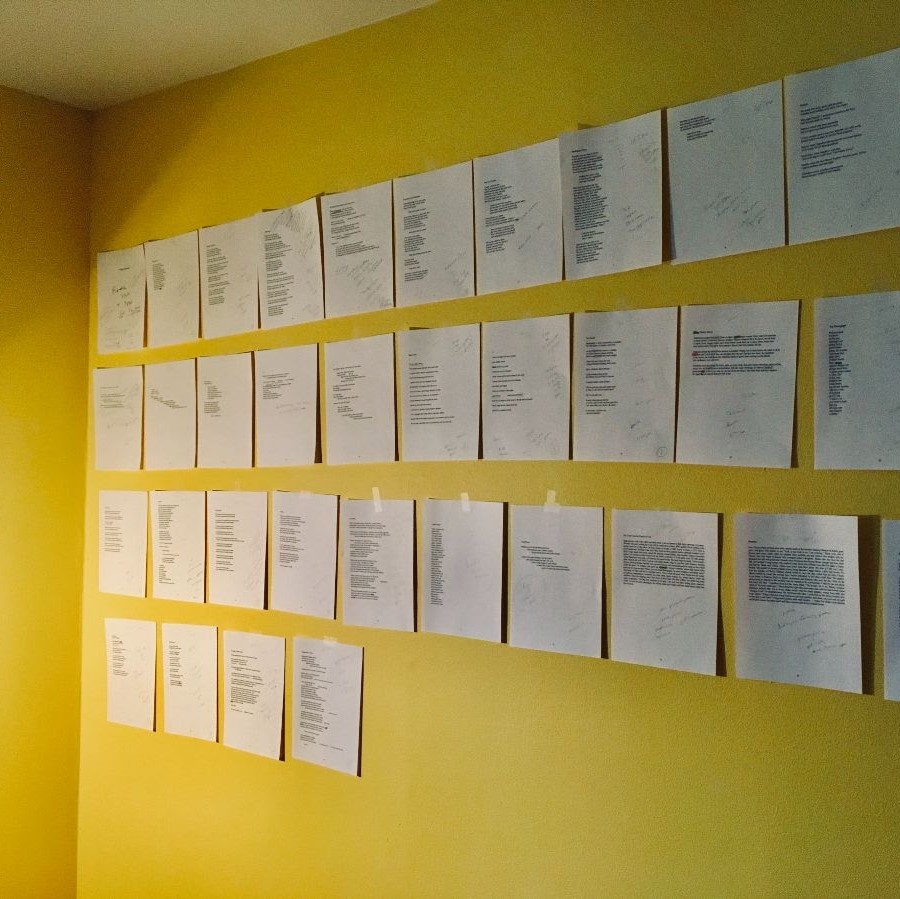
POETRY IS FOR THE PEOPLEPrompt #26—Angela Trudell Vasquez
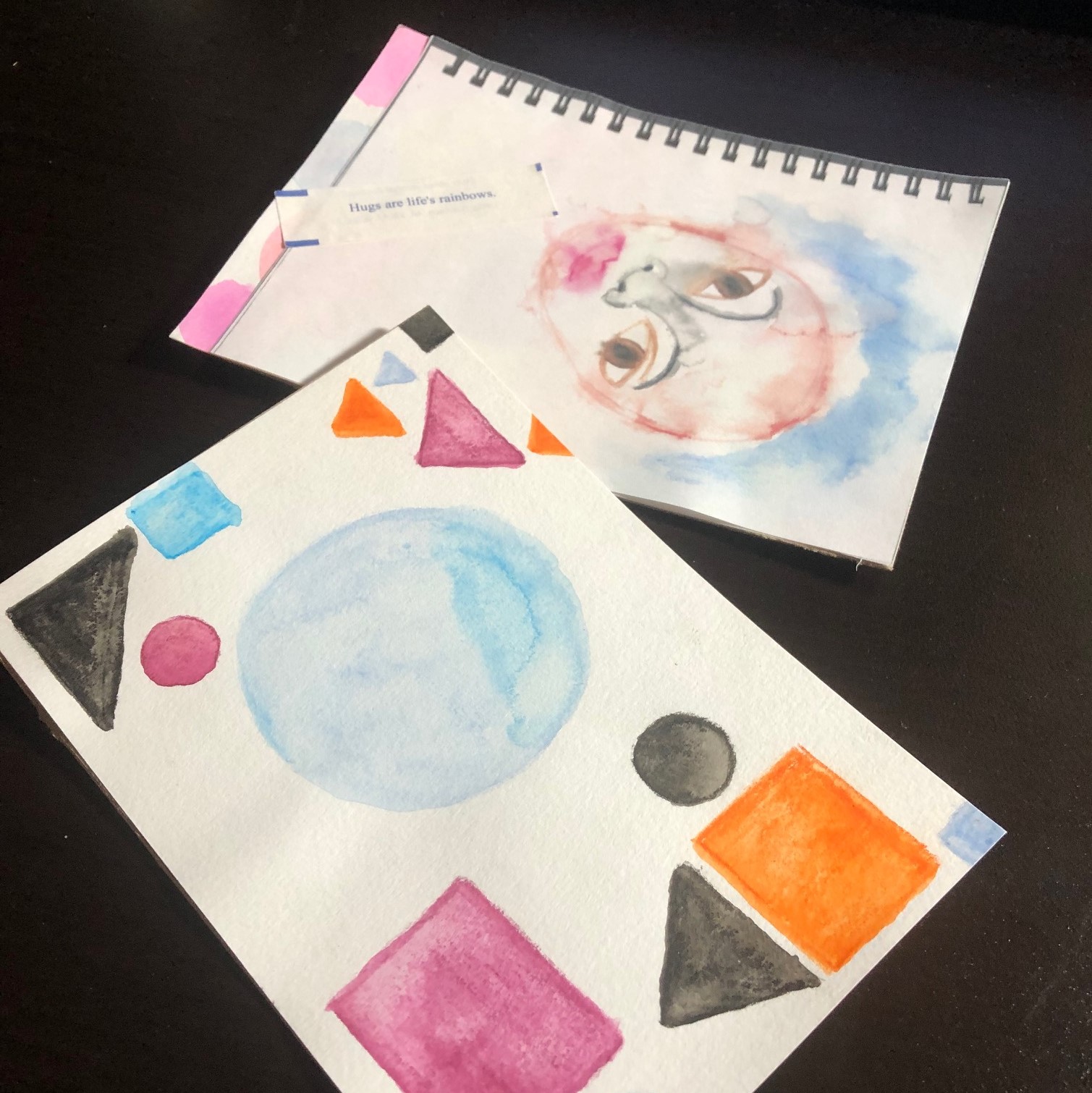
MAIL ARTPrompt #25—Siwar Masannat
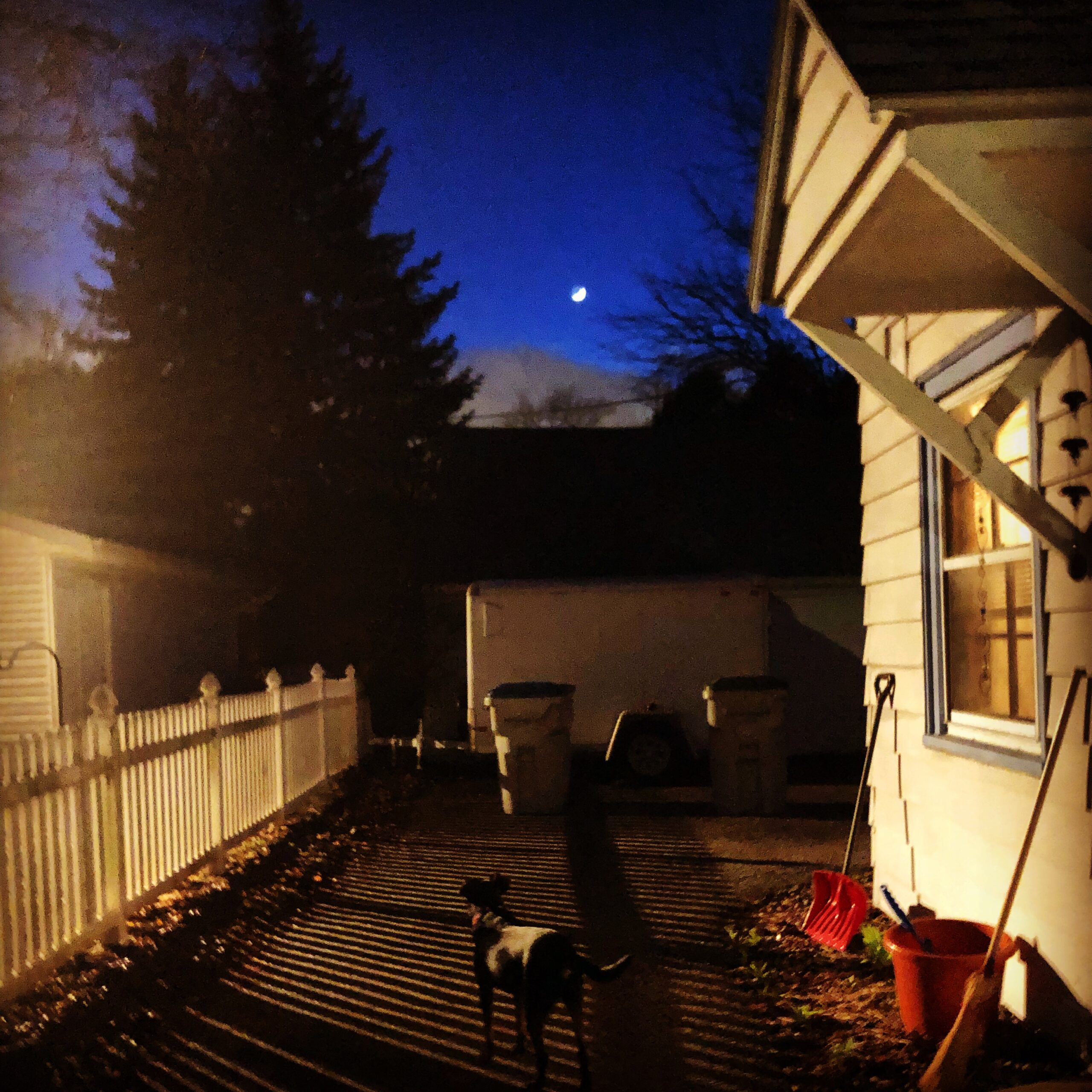
VISUAL POSTCARDSPrompt #24—Portia Cobb
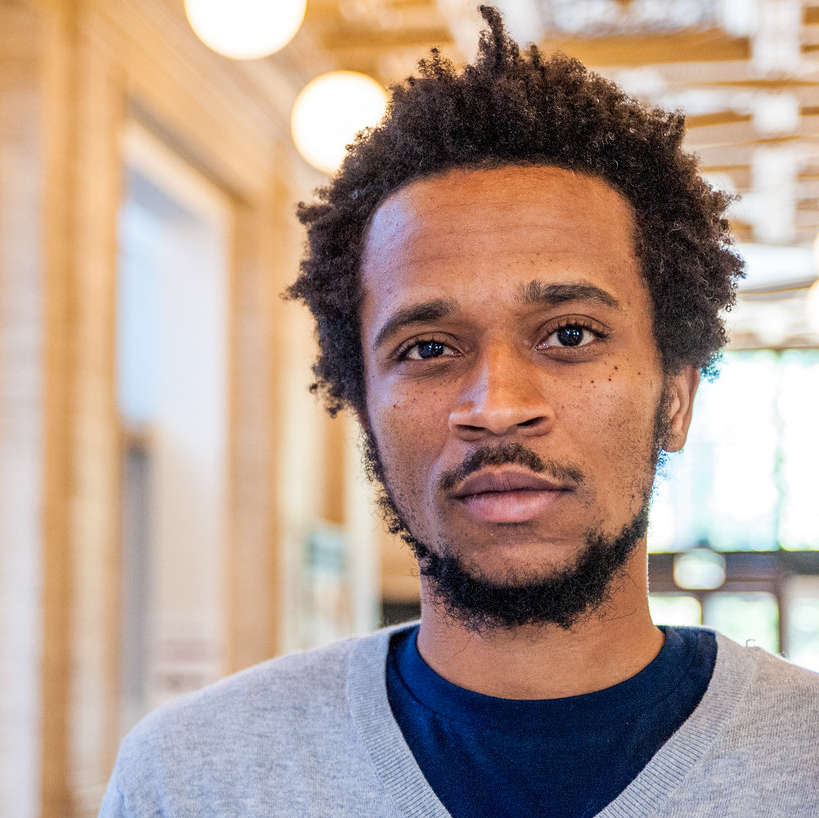
A [LONGER-TERM] DEEP LISTENING PROMPTPrompt #23—Jibade-Khalil Huffman

Humor as Medicine for the SoulPrompt #22—Mauricio Kilwein Guevara

Personification: A Social Justice PromptPrompt #21—Derrick Harriell

Ponge ExercisePrompt #20—Tyrone Williams
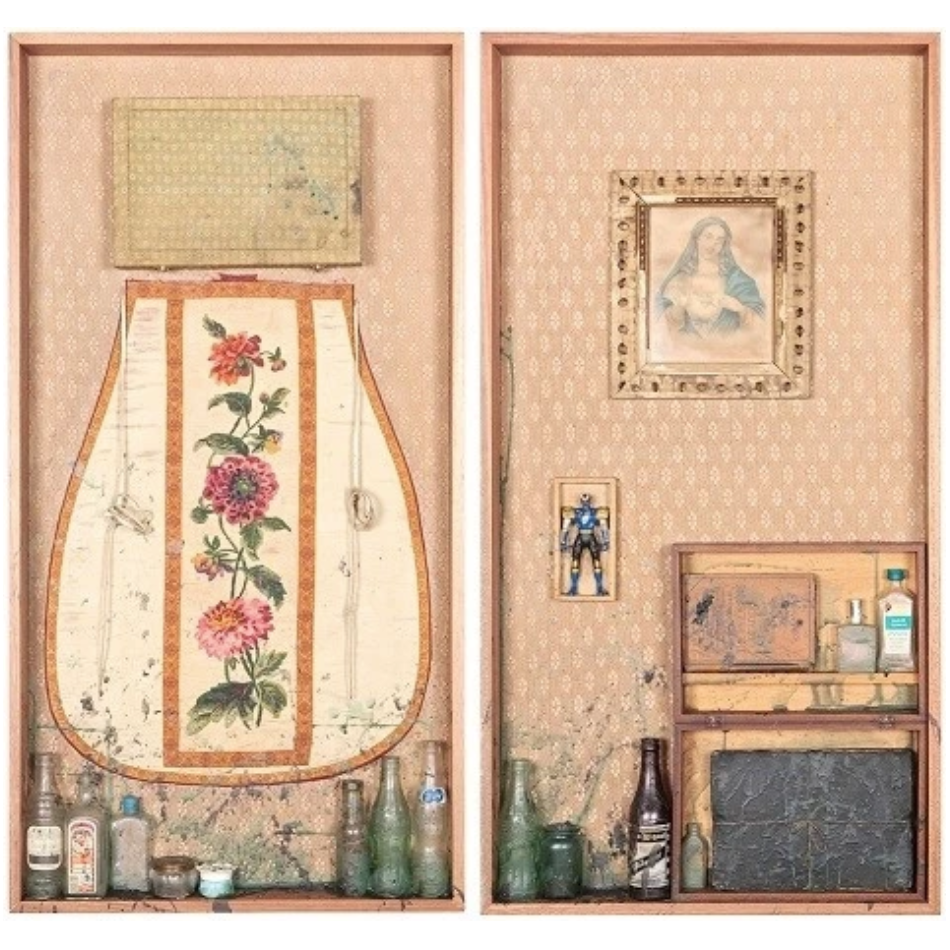
Occult DocupoesisPrompt #19—Kimberly Alidio
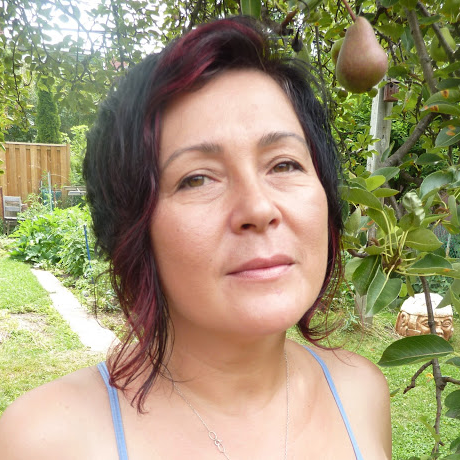
Junk Drawer SongPrompt #18—Hoa Nguyen

TALK TO THE POETSPrompt #17—Stacy Szymaszek
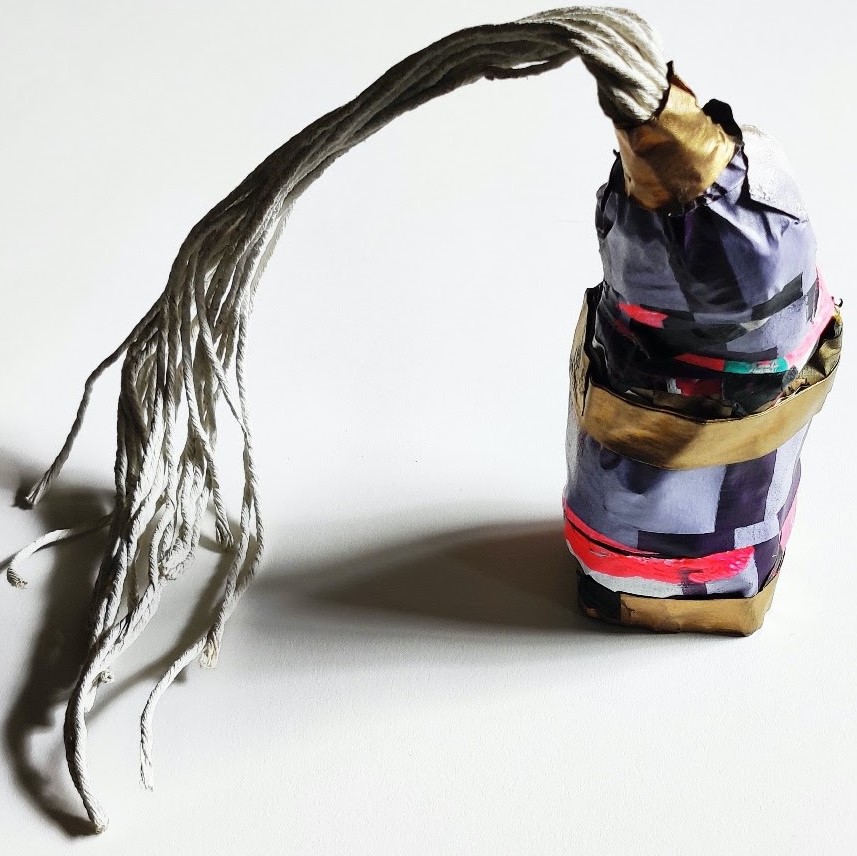
Make-Do Origin Stories & Concrete FuturesPrompt #16—Ching-In Chen
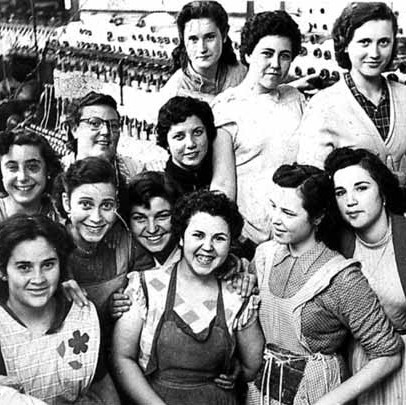
The Family PhotographPrompt #15—Rosa Alcalá
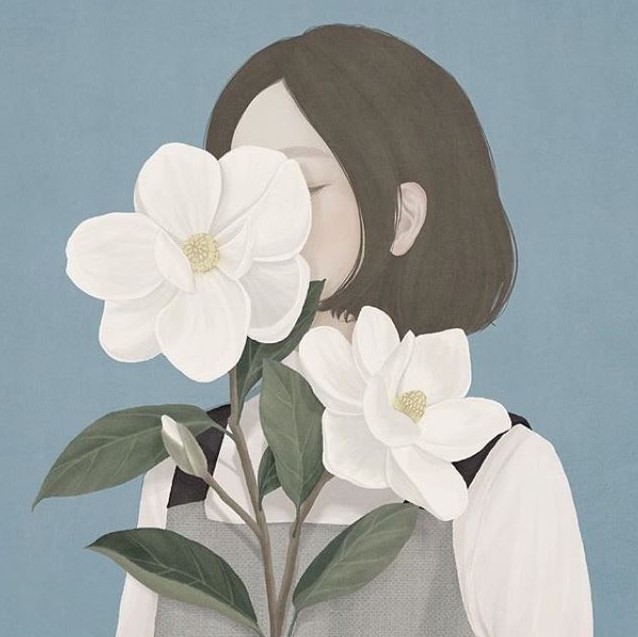
Writing Advice for Your Younger SelfPrompt #14—E.J. Koh
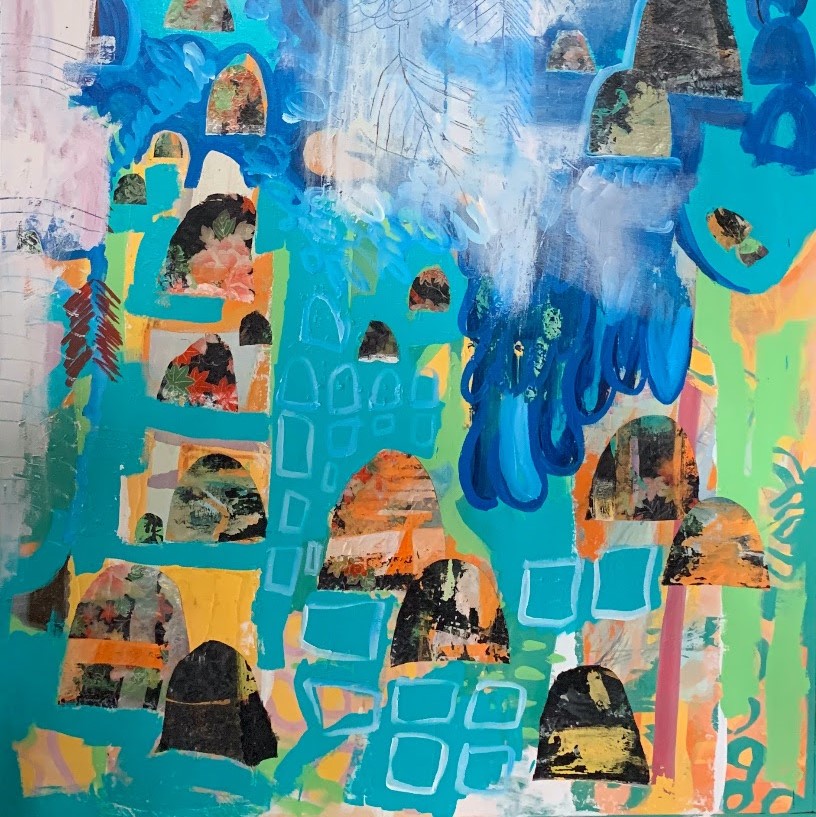
Note(s) to SelfPrompt #13—Stacy Blint
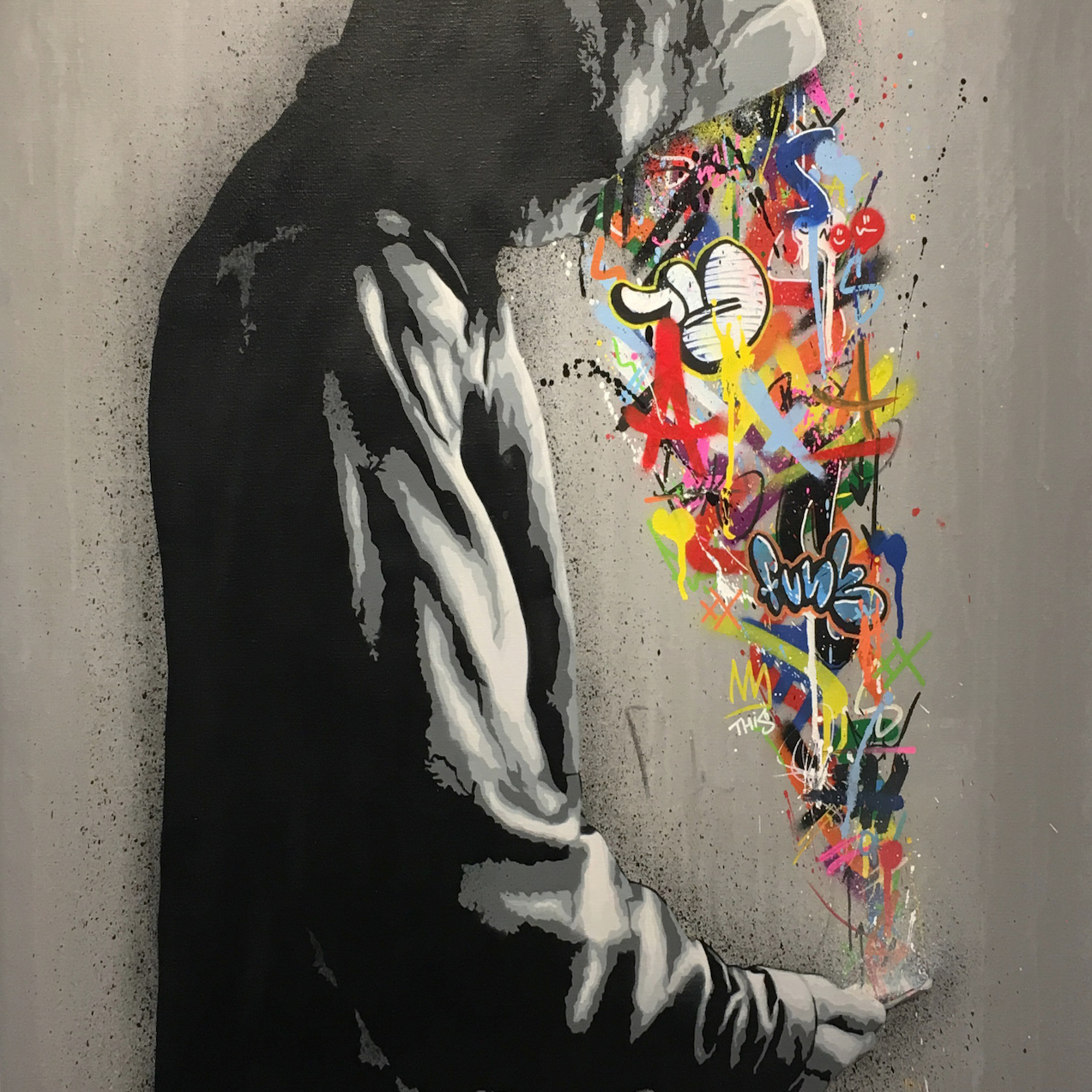
Embracing ConfusionPrompt #12—Bryon Cherry
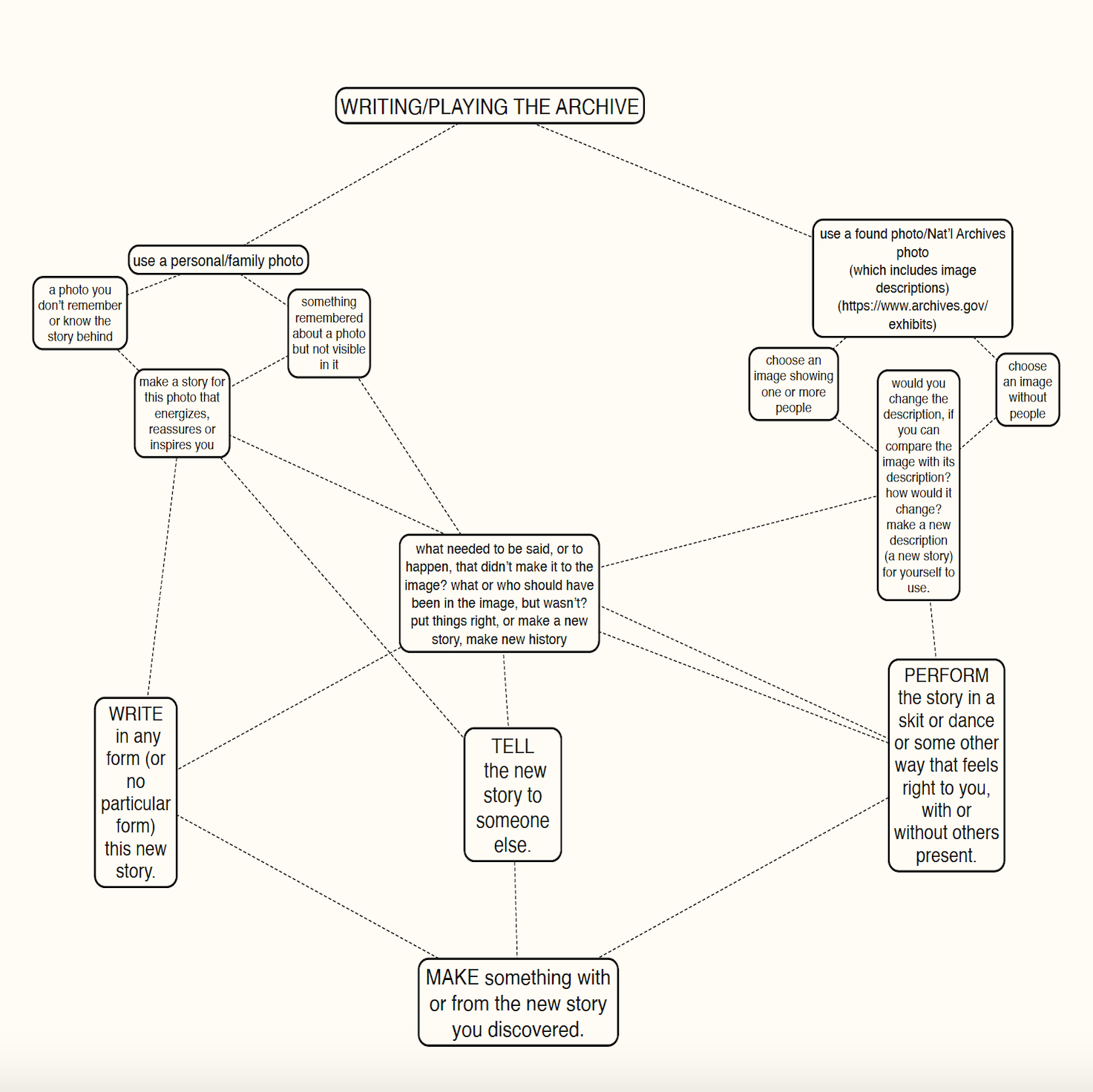
Writing/Playing the ArchivePrompt #11—Jay Besemer

CAPTURED & FREEDPrompt #10—Dasha Kelly Hamilton
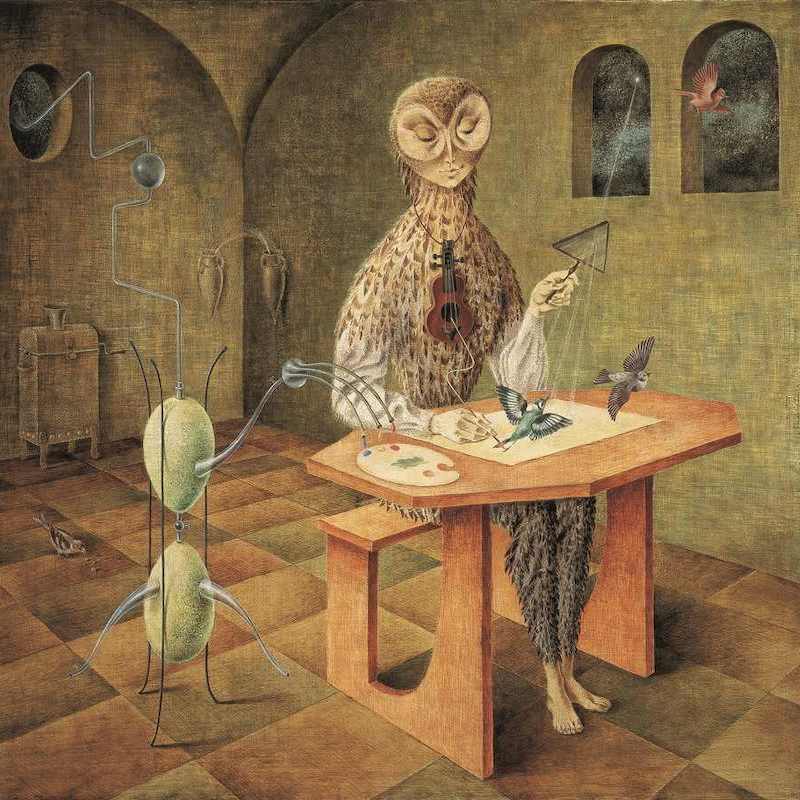
Poetic Exit StrategiesPrompt #9—Ana Božičević
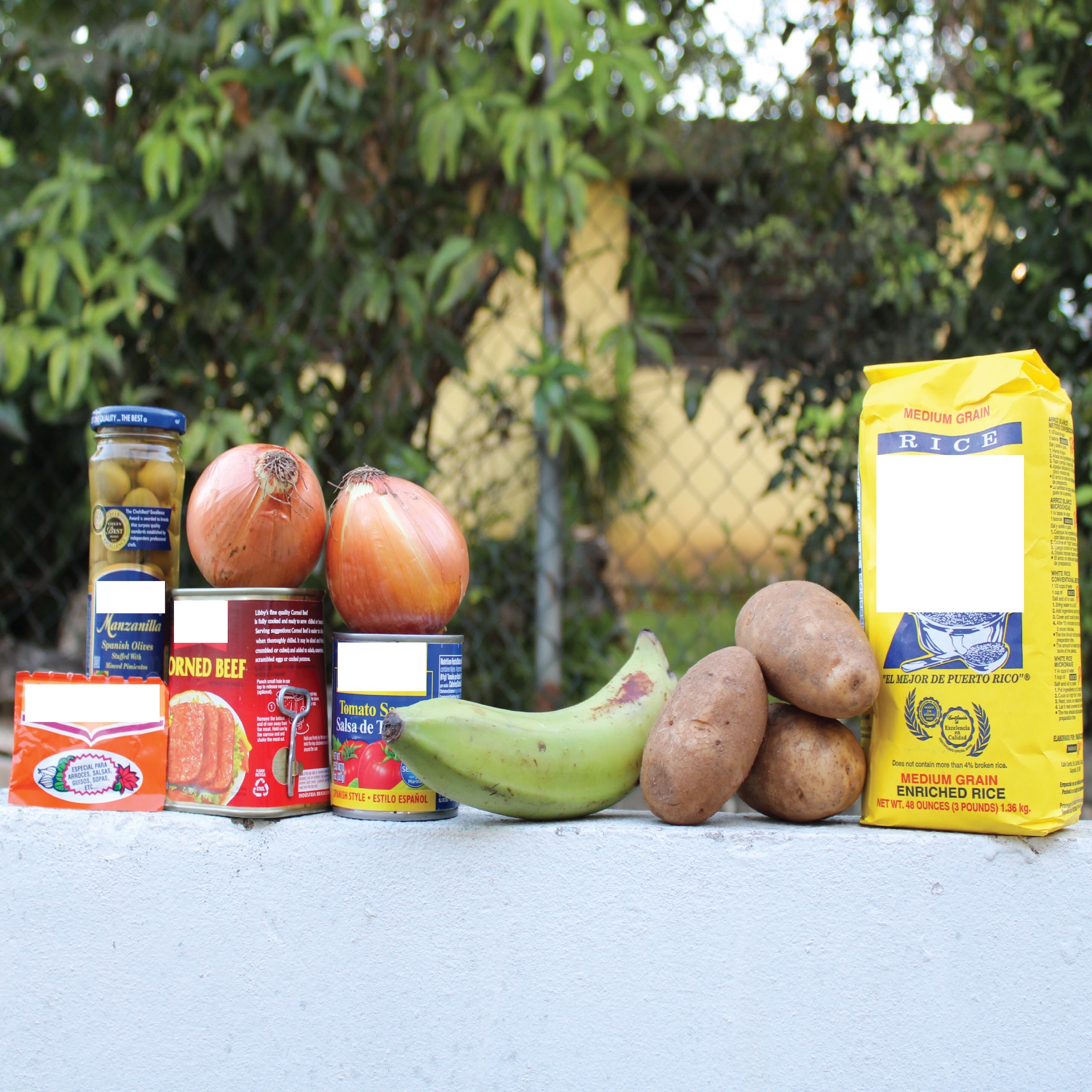
Proyecto ConbífPrompt #8—Erick "CK" Ledesma
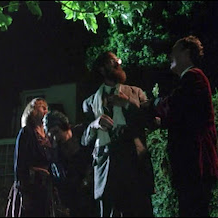
TRILOGYPrompt #6—CA Conrad

Utopian CompromisePrompt #7—Paul Druecke
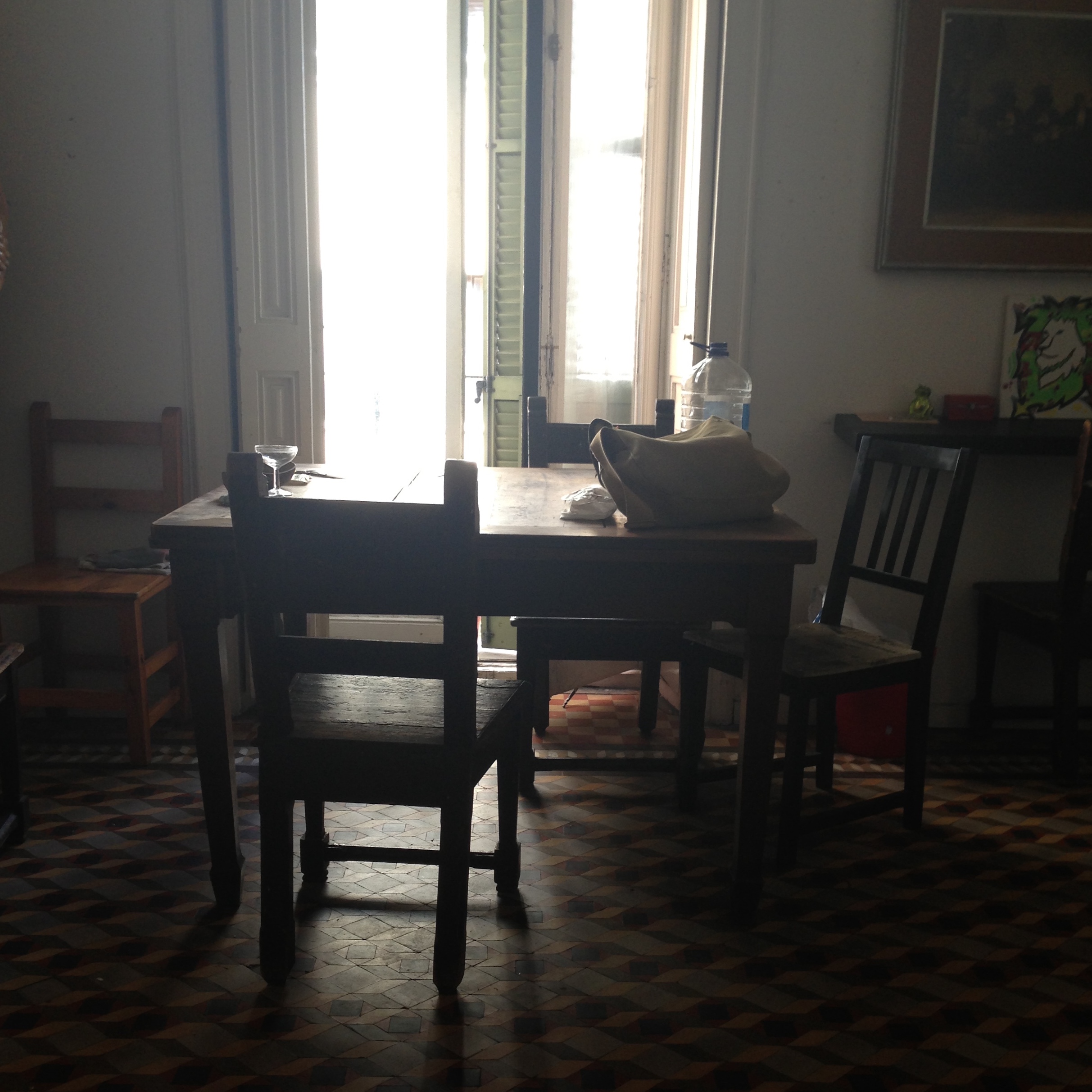
A Series of RoomsPrompt #5—Laura Solomon
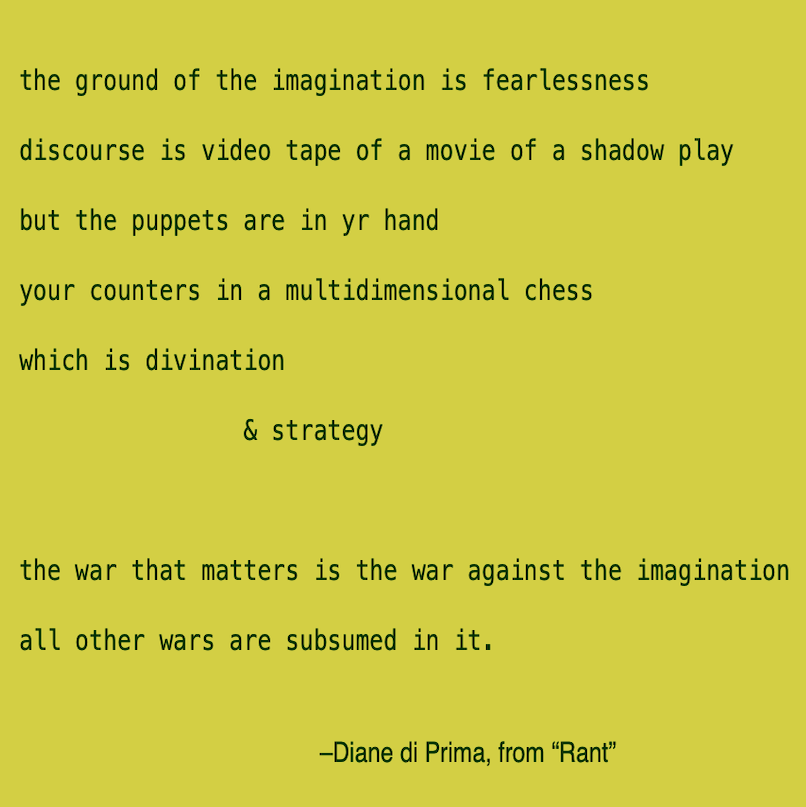
Two Variations on N+7Prompt #4—Jenny Gropp
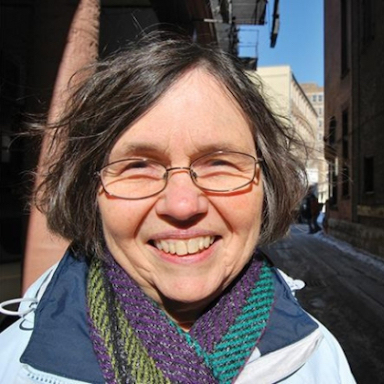
T H E A P A R T / TOGETHERPOEMPrompt #3—Margaret Rozga
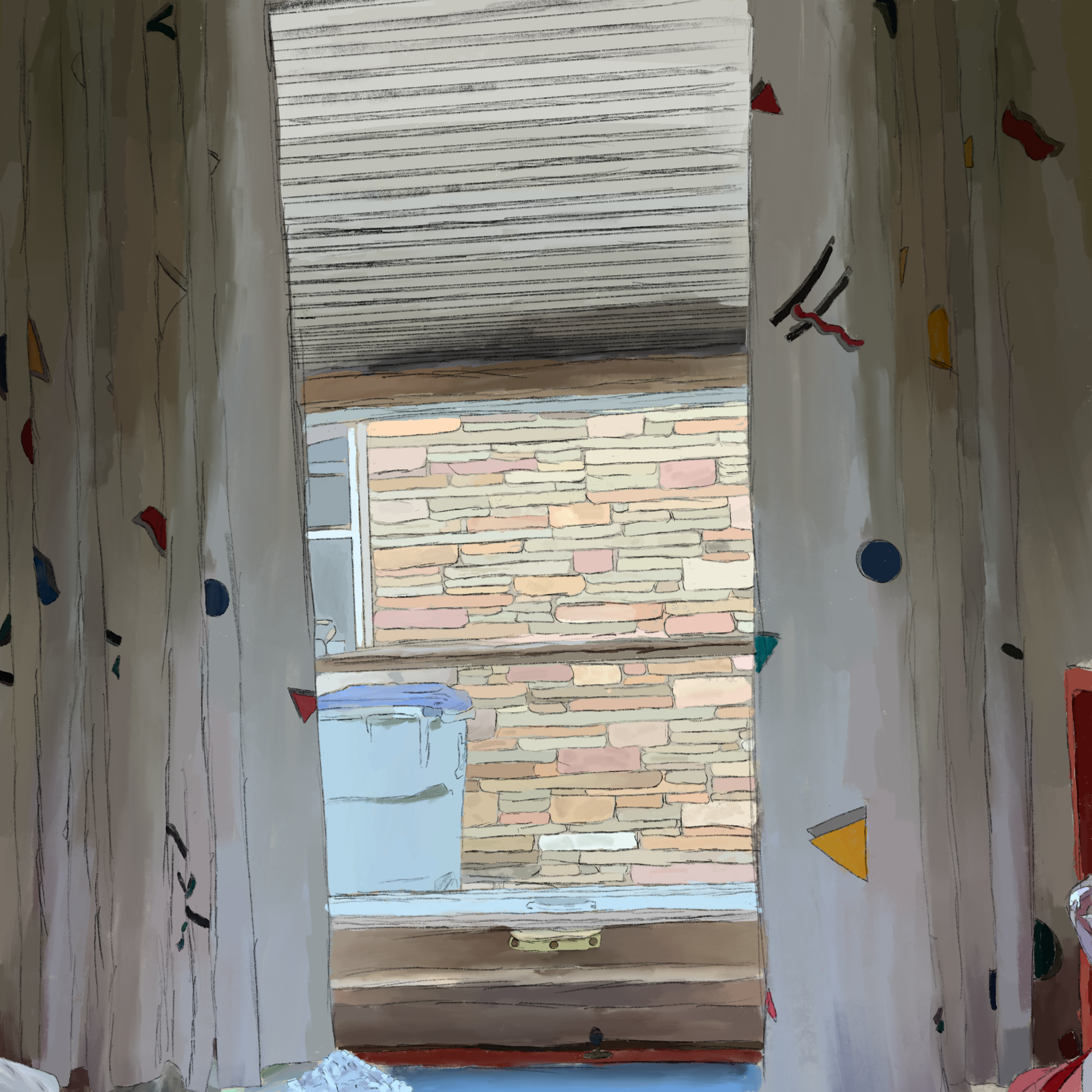
An Exercise in WindowsPrompt #2—Marla Sanvick
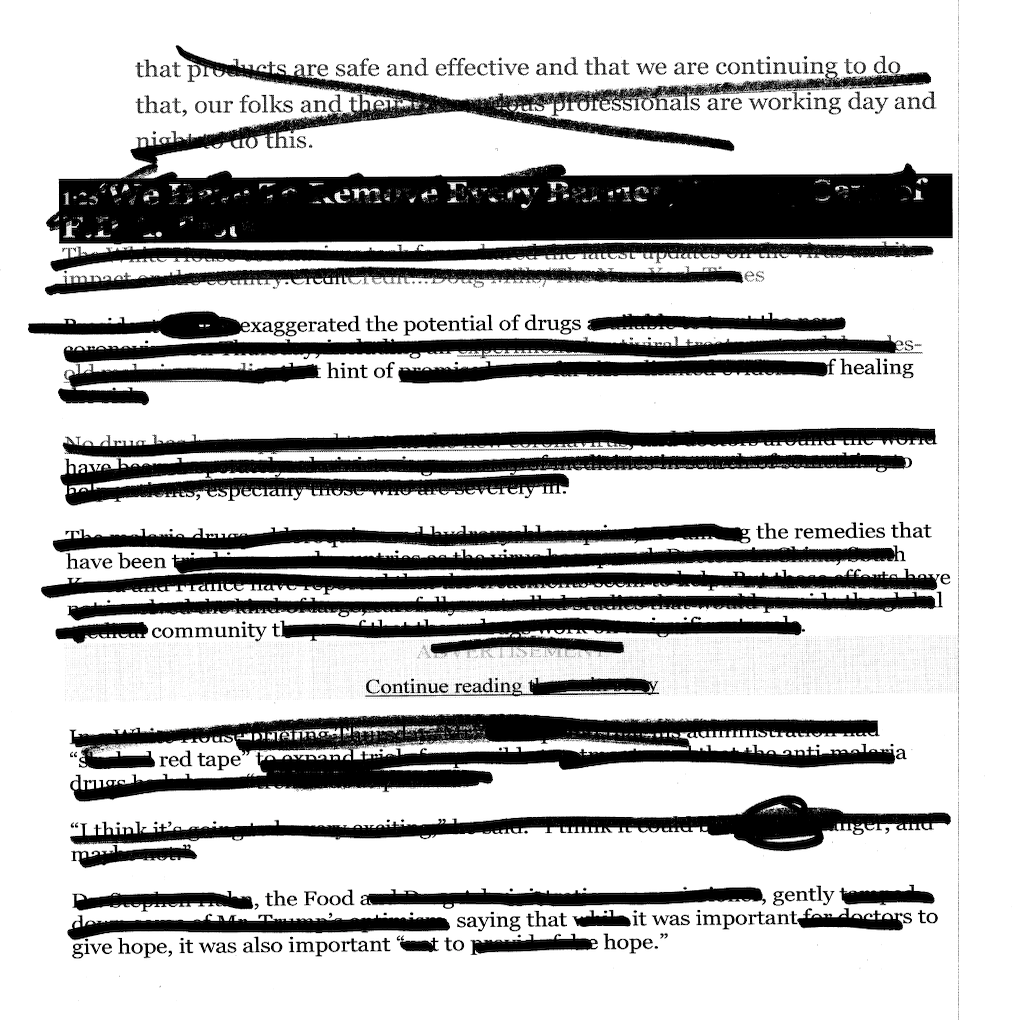
Erasuring AnxietyPrompt #1—Peter Burzynski
We acknowledge that in Milwaukee we live and work on traditional Potawatomi, Ho-Chunk, and Menominee homelands along the southwest shores of Michigami, part of North America’s largest system of freshwater lakes, where the Milwaukee, Menominee, and Kinnickinnic rivers meet and the people of Wisconsin’s sovereign Anishinaabe, Ho-Chunk, Menominee, Oneida, and Mohican nations remain present.
We further acknowledge the grave evil colonialism introduced to these lands through genocide as well as slavery, and also via racist and xenophobic beliefs, laws, and practices that continue to inflict harm upon Black, brown, and Indigenous lives. We honor those who have lived—and do live, now—at these intersections of identity and experience, and are committed to the active dismantling of white supremacy.
720 E. Locust Street
Milwaukee, WI 53212
Phone: 414 263 5001
Hours: Tues–Sun | 12-7 pm
Closed Mon
Building Accessibility: Despite the age of our physical location, and attendant limitations to access, Woodland Pattern is committed to making its programs and facilities available for as many as possible. Please call for more information.
Events Accessibility: Woodland Pattern is able to offer captioning services for its online events and with advanced notice can provide ASL interpretation for live events. Please contact us with accommodation requests and questions.
© Woodland Pattern 2025
